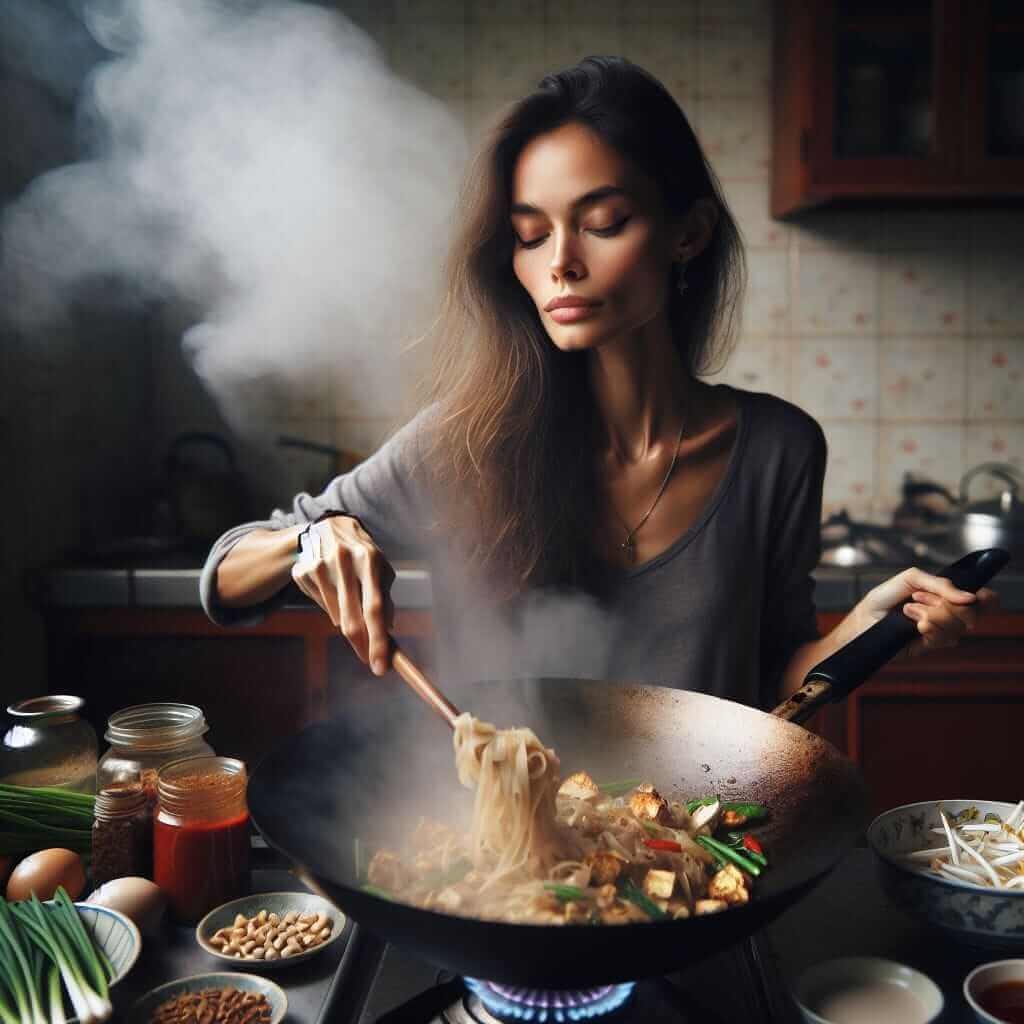As an IELTS instructor with over 20 years of experience, I’ve encountered countless speaking prompts. One that often arises, particularly at the IELTS Speaking Part 2, is “Have you ever cooked?” While seemingly simple, this question can throw off even the most prepared candidate. Why? Because it delves into a personal experience and requires you to showcase your vocabulary and fluency in a structured manner.
Understanding the “Have You Ever Cooked?” IELTS Cue Card
The examiner isn’t solely interested in your culinary skills (or lack thereof!). This cue card assesses your ability to:
- Narrate an experience: Can you clearly describe a past event involving cooking?
- Use past tenses accurately: This includes the simple past, present perfect, and potentially even the past continuous.
- Utilize cooking-related vocabulary: Think about ingredients, cooking methods, utensils, and flavors.
- Structure your response logically: Ensure your story has a clear beginning, middle, and end.
Crafting a Winning Response
Let’s break down how to tackle this cue card effectively:
1. The Set-Up:
- Don’t panic if you’re not a master chef! It’s perfectly fine to talk about a simple dish or even a cooking attempt that didn’t go as planned. The key is to make it engaging.
- Start with a captivating hook. Instead of a bland “Yes, I have cooked before,” try:
- “One particularly memorable cooking experience that springs to mind…”
- “While I wouldn’t call myself a chef, there was a time when I…”
- Set the scene. Briefly mention what you cooked, when, and where. For example:
- “A few years ago, I decided to try my hand at making pasta from scratch for my family.”
2. Developing Your Story:
- Use descriptive language. Instead of “I chopped the vegetables,” say, “I carefully diced the onions, peppers, and mushrooms, my kitchen filling with their earthy aromas.”
- Incorporate sensory details. Describe the sights, smells, sounds, and even tastes associated with the experience. Did the garlic sizzle in the pan? Was the finished dish deliciously savory?
- Highlight the challenges and triumphs. Did you burn the sauce? Did your family rave about your creation? These details add depth and personality to your story.
3. The Closing:
- Summarize your experience. Briefly recap the main points of your story.
- Offer a reflection. What did you learn from this cooking experience? Did it ignite a passion for cooking or teach you a valuable lesson about patience?
- End with a natural conclusion. Avoid abruptly stopping your story. Instead, consider:
- “Despite the challenges, that day in the kitchen sparked a newfound appreciation for the art of cooking.”
- “Even though my attempt wasn’t perfect, it remains a cherished memory that always brings a smile to my face.”

Example Response
Here’s a sample response incorporating these tips:
“One cooking experience that stands out in my mind was when I tried to make Pad Thai for my friends. I’d always loved this dish and was eager to try my hand at it. Armed with a recipe and a surge of confidence, I gathered my ingredients. The kitchen transformed into a symphony of sizzling garlic, fragrant chilies, and the gentle clinking of my wok. However, disaster struck when I misjudged the sauce and ended up with a watery mess. Panicking, I frantically added more seasonings, hoping to salvage it. Thankfully, my friends, bless their souls, were incredibly supportive and ate it with gusto, watery sauce and all. While my Pad Thai was far from perfect, that evening taught me a valuable lesson about perseverance and the importance of laughter in the kitchen.”
Top Tips for Success
- Practice, practice, practice! Rehearse speaking about different cooking experiences beforehand.
- Record yourself. This helps identify areas for improvement in your fluency and pronunciation.
- Expand your cooking vocabulary. Familiarize yourself with diverse culinary terms.
- Don’t be afraid to be yourself. Let your personality shine through in your storytelling.
Remember, the “Have you ever cooked?” IELTS Speaking cue card is an opportunity to demonstrate your language skills through a relatable experience. With preparation and a sprinkle of confidence, you’ll be well-equipped to impress the examiner!